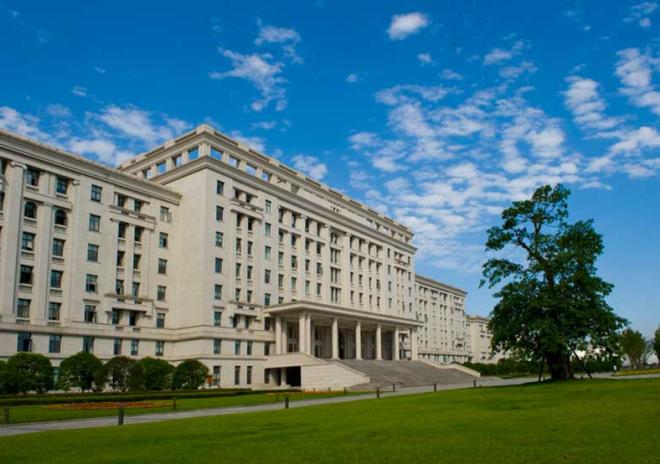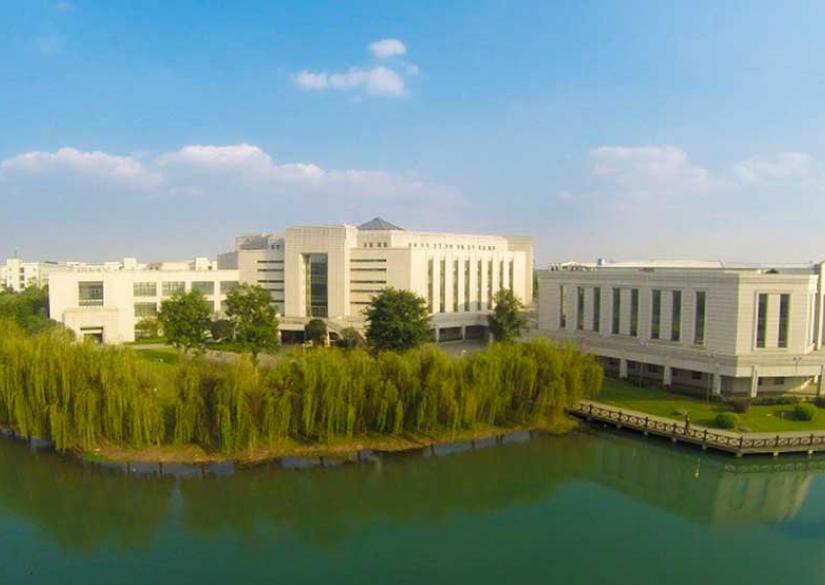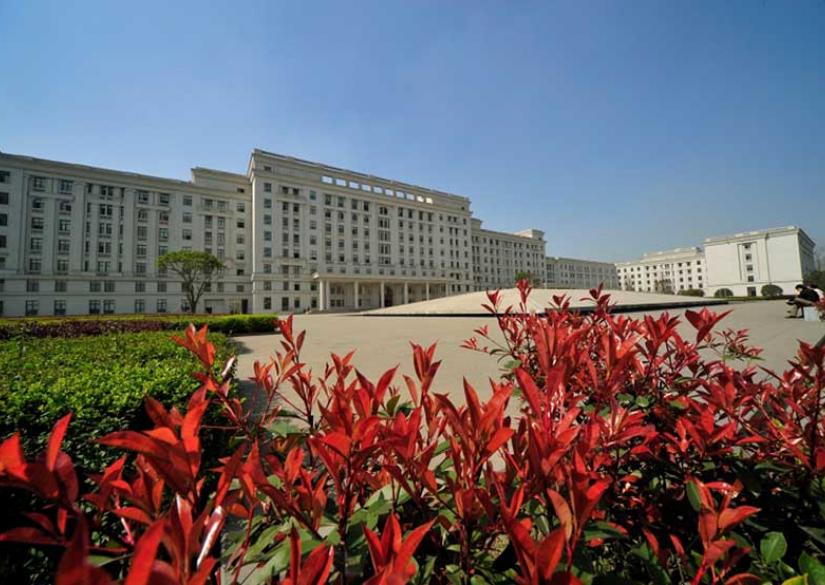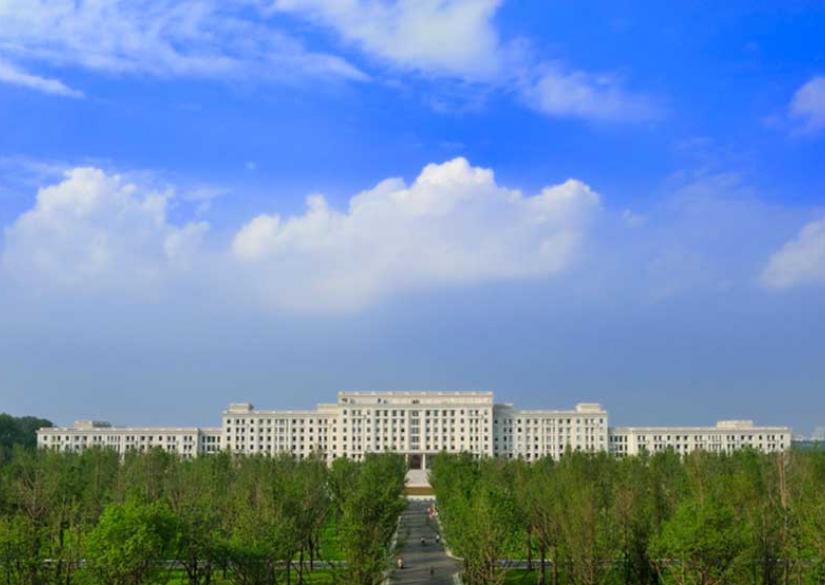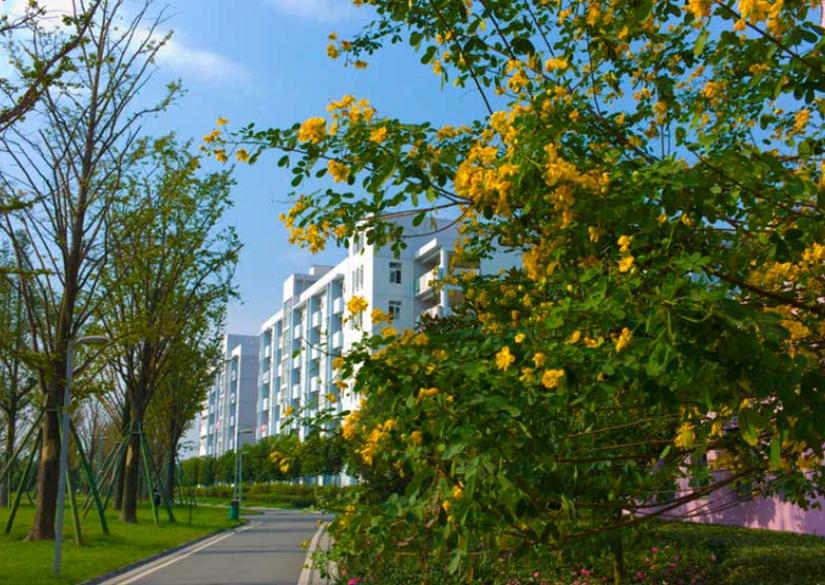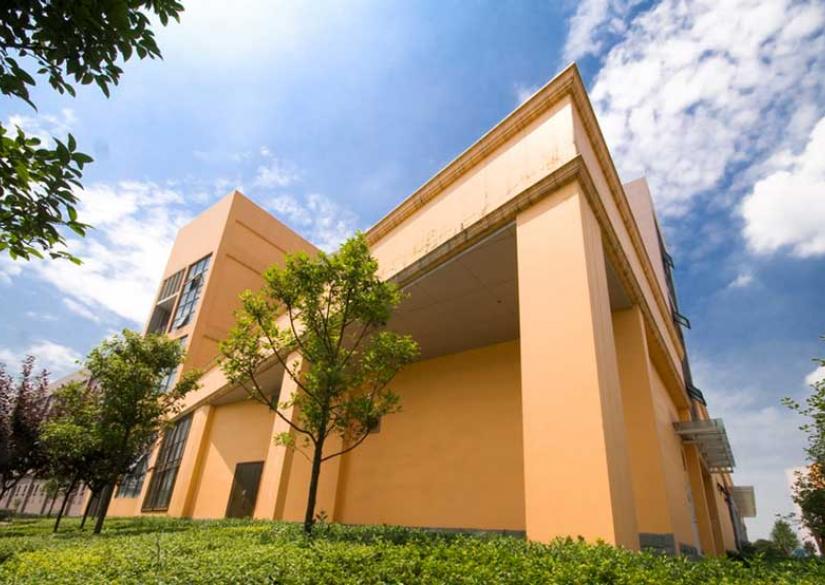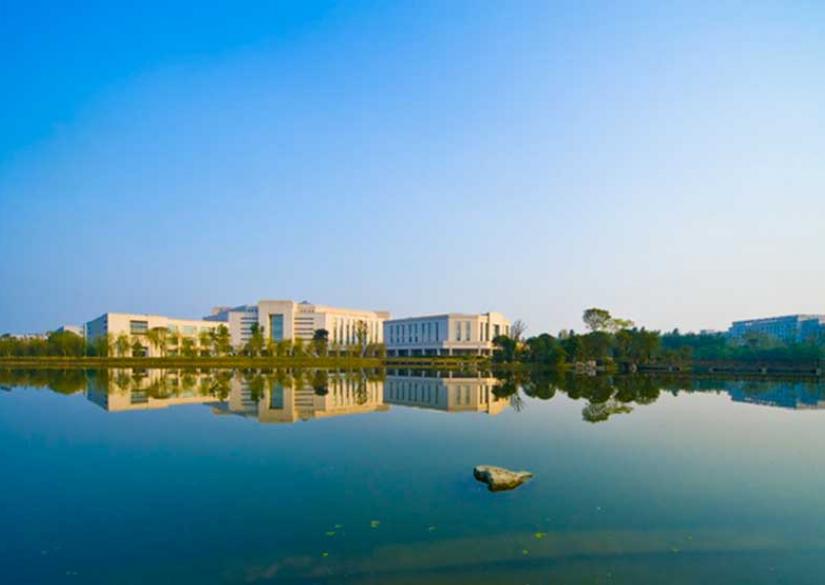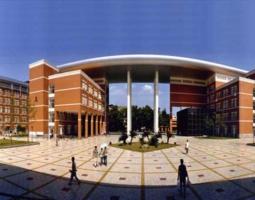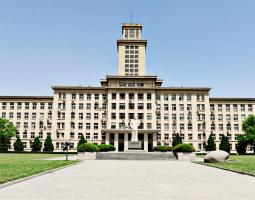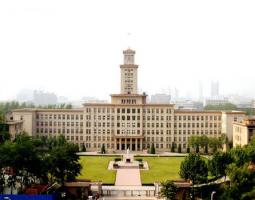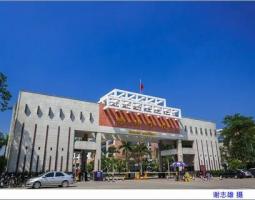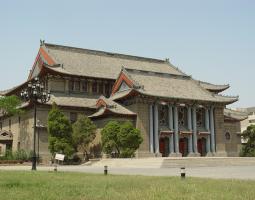University of Electronic Science and Technology of China
Programs and prices, tuition fees in University of Electronic Science and Technology of China
Bachelor
- Age – from 18 years (completed secondary education)
- The training period is 4 years.
Specialty:
- Computer Science, Technology
- Software engineering.
Master
- Age – from 22 years (completed bachelor's degree)
- The training period is 2 years.
Some programs:
- Electromagnetic field, microwave technology
- Integrated circuits, systems
- Electronic information materials, devices
- Microelectronics, solid-state electronics
- Wireless, mobile communication system
- Radar detection, image recognition
- Intelligent system of perception, information
- Fiber optic sensing, communication
- Machine Learning, Artificial Intelligence
- Software Development Technology
- Equipment Reliability Management, Equipment Monitoring
- Intelligent Design, Equipment Modeling
- Medical imaging, medical imaging, signal processing
- Urban-Rural Social Management
- Simulation for image processing, visual effects, high-performance numerical algorithm.
Doctorate
- Age – Masters
- The training period is 3 years.
Some specializations:
- Radar detection, image recognition
- Image processing, video processing
- Intelligent system of perception, information
- Computer Networks
- Intelligent processing of signals, information
- Information Management, Data Mining
- Organizational behavior, human resource management
- Strategic Management
- Management of innovations, entrepreneurship
- Organic Functional Materials, Engineering
- Electronic information materials, devices
- Detection technology, automation device
- Radiophysics
- Financial Engineering
- Condensed matter physics.
Description of University of Electronic Science and Technology of China
- Location: Chengdu, China
- Year of foundation: 1956
- Number of students: about 38 000
- Language of instruction: Chinese, English
- Type of education: mixed.
The University of Electronic Science and Technology of China (UESTC) is a state university of technology under the ministry of education. The institution was founded in 1956 as the Chengdu Institute of Radio Engineering, China's first university in the field of electronic, information sciences and technology. Over its history of more than 60 years, UESTC has become a multidisciplinary university, but the main vector of education remains technology.
The teaching staff involves more than 3,000 teachers: scientists, professors, associate professors, IEEE scholarship holders.
Education in bachelor's and postgraduate programs takes place on the basis of a dozen scientific schools, the main directions of which are:
- Information, Communication, Software Engineering
- Electronics, Computer Science, Engineering
- Materials, energy
- Mechanics, electrical engineering
- Resources, environment
- Aeronautics, cosmonautics
- Mathematical sciences
- Medicine
- Foreign Languages
- Public administration
- Economics, management.
Accommodation, meals, prices
Dormitories for foreign students are equipped with:
- Single rooms for postgraduate students for 12,000 yuan per year
- Double rooms for bachelors for 6000 yuan per year
- Shared kitchens
- Toilets and showers on each floor
- Self-study classes
- Laundry.
Students can eat in 15 cafeterias on campus. Meals will cost the student 1000-1500 yuan per month.
Activities University of Electronic Science and Technology of China
Chengdu is popular among tourists with Sichuan cuisine, which can be tasted in any city restaurant. Every year, travelers come to see some of the largest spring festivals in China:
- Lantern Festivals – held during the Spring Festival at Qingyang Temple,
- Flower exhibitions – on this day all florists bring flowers grown in the garden to Chengdu for exhibition, competition, sale,
- The peach blossom exhibition on the hills in Longquan is a chance to look at the pink flowering of trees, try farm products,
- Sichuan opera with a rich schedule of traditional productions, music concerts and performing arts.
On campus during the academic year there are sports competitions in team games, musical concerts, artistic performances of theatrical groups.
Advantages
- Holder of double first class A
- Participant of projects "211", "985"
- Based on the Stanford Model
- International cooperation with 200 universities, research institutes from 67 countries
- More than 1600 foreign students from 100 countries.
Facilities and equipment at University of Electronic Science and Technology of China
Chengdu is the capital of Sichuan Province, one of the most important economic centers of Southwest China, as well as the "home" of the famous symbol of the country - a giant panda. Many of the world's 500 largest companies – Intel, Siemens, Microsoft – have their own factories and research bases in Chengdu.
The university has three campuses within the city limits. The total area equipped for studying is more than 4100 acres. On it are built:
- Classrooms, computer labs, labs
- Administrative Offices
- Research and information centers
- University Hospital
- Library with a book depository of more than 2 million copies of various literature, access to electronic databases, a reading room
- Sports activity center with swimming pool, large gym
- Outdoor stadium: football field, running tracks, basketball, volleyball courts
- University Theatre: studios of music, vocals, dances, theatre productions
- 15 cafeterias
- International hostels.
Admission dates and extra charges
The academic year includes autumn and spring semesters, New Year's holidays, summer school. Education can take place in both Chinese and English.
Additional annual costs:
- Accommodation – 4500-9000 yuan
- Medical insurance – 800 yuan
- Meals – 1000-1500 yuan/month
- Physical examination – 40-1000 yuan
- Books, consumables
- Transport
- Personal spending.
Entry requirements, how to apply, what is required to enrol
For admission to any of the UESTC programs you will need:
- Completed application form available on the official website of the university
- Personal documents: passport/ foreign passport, medical insurance, vaccinations, visa, certificate of financial support, etc.
- Diploma of the previous level of education
- Official transcripts of completed courses
- Hostel reservation confirmation email
- Letters of recommendation (for postgraduate students)
- HSK4 or TOEFL (from 80), IELTS (from 5.5) testing.
Applications from international students are accepted until the end of August.
Scholarships University of Electronic Science and Technology of China
- Scholarship of the Government of China
- Chengdu Municipal Scholarship
- University Scholarship
- Confucius Institute Scholarship.
Students who have distinctive success in studies, sports, and creativity are financially awarded.
Institution on the map
Residence permits, citizenship and other services
- Guardianship services during the studies
- Student supervision
Review about University of Electronic Science and Technology of China
Recommendations on when to apply
| Language courses, schools and children's language camps | Primary and secondary education - private schools | Preparation programmes for entering universities - higher education | Higher education (after completing accredited programs A-level, IB, High School) - Bachelor, Master, MBA |
| - we recommend to apply 6-9 months before the start of the course (some camps and schools offer discounts for early booking or for lengthy study programs) - there are some very popular and high demand children's camps, where the applications need to be submitted 1 year in advance (in particular Switzerland , Great Britain , USA , Canada , Austria) | - we recommend to apply one year before the start of the training program, - some schools have a specific time frame (September-November - please specify an individual school) - some schools require tests in several stages (UKISET, internal tests of the school: English, mathematics, logics, subjects, interview, some require a personal visit) | - we recommend to apply one year before the start of the program, - for Foundation and Pathway programs, IELTS and TOEFL certificates are usually required, respectively | - recommended submission one year before the start of the program, - the deadline normally closes in January, for TOP HEIs and, as a rule, in March in other universities - for a bachelor, a Foundation or Pathway preparatory program a completed A-level, IB, High School + IELTS / TOEFL are required - for Masters you need a graduated higher education, in some cases you need a pre-Masters program - MBA requires completed higher education, work experience preferably at least 2-3 years, etc. |


